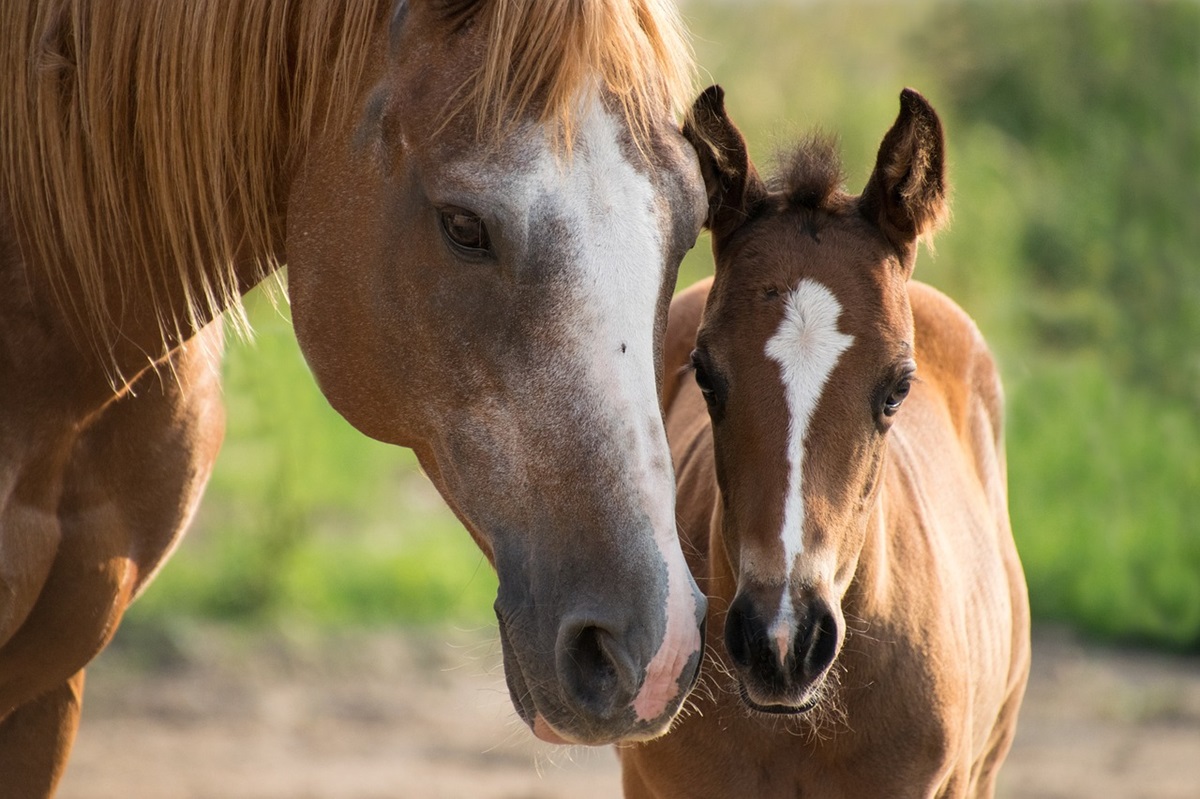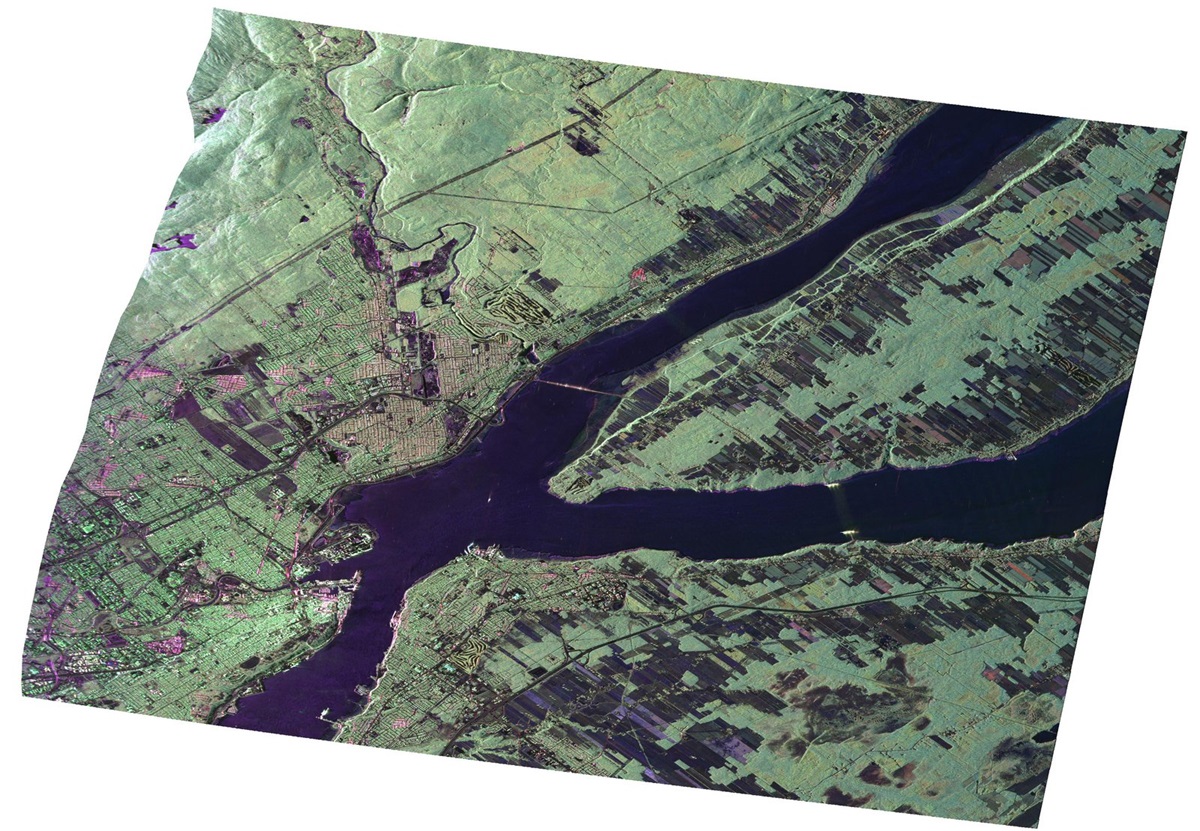What does a black swan have to do with human language? Read on…. (But I will give you a hint: human voices are part of Nature…)
In the age of generative AI, it is striking how attitudes to language are changing. Chatbots can spawn plausible, apparently coherent and grammatically correct text on any subject, in the twinkling of an eye. I acknowledge chatbots may prove useful in some circumstances. Yet they treat language as a means of seamless automated expression, albeit subject to hallucination and gross misunderstandings, rather than as authentic communication which conveys meaning between two or more living human voices.
For the record, chatbots like ChatGPT draw bite-sized content from the world’s 200 million websites and other resources, then churn out derivative word patterns lifted from the published works of living people. I would call this nano-plagiarism – that is, the catch-me-if-you-can theft of scraps of existing works in a way that is practically untraceable. Whereas until recently computers may have been tools at the service of people, chatbots turn things around, transforming human creativity into a learning tool at the service of computers, or at least of enterprises like OpenAI making a fortune developing code.
Chatbots are simulacra encouraging us to opt for one-way, stand-alone self-referential expression rather than communication.
A recent estimate suggests that 800 million people around the world may lose their jobs by 2030, because of generative AI: https://www.toolify.ai/ai-news/the-future-of-work-800-million-jobs-at-risk-by-2030-1723758
That’s in just five years. I wonder how many of these jobs will be in the cultural sector. Indeed, I wonder what is the future of culture, if we are ever overwhelmed by chatbots, generating algorithmic simulations of human creations. Will chatbots turn artisan-creators into relics of a long-gone age, into people who lost the future? After all, chatbots make anyone and everyone feel like they were creators. They make simulating creation easy. They risk making artisan-creators irrelevant.

Now to be fair, I used AI on some occasions, while producing and directing my feature film, The Blinding Sea. And I did this without even realizing it at the time, in creating bold animations, stabilizing jerky footage, colorizing still images, layering music tracks to create orchestral music where I played all the instruments myself, and mastering the soundtrack. Which does not mean this film – a labour of love, if ever there was one – is a work generated by AI.
I think of generative AI as a simulacrum technology, which produces “something like”, an ersatz, a substitute, and it bothers me because it is detached from real lived experience. As Jean Baudrillard wrote in Simulacra and Simulations, “It is no longer a question of imitation, nor duplication, nor even parody. It is a question of substituting the signs of the real for the real.” Baudrillard died in 2007. He was truly a visionary thinker. He saw that simulacra had the power to make us prefer substitutes to reality.

No matter how appealing chatbots may seem, there is a huge divide between automated expression and human communication. The Oxford English Dictionary tells us the Middle English word “expression” is derived from the Latin expressio(n- ), which in turn is derived from exprimere, meaning “to press out or express.” For example, pressing oil out of olives. Expression is a one-way process.
Then again, the Oxford English Dictionary says the late Middle English word “communication” is derived from the Old French comunicacion, which in turn is derived from the Latin communicatio(n- ), from the verb communicare, meaning “to share, impart, convey, transmit etc.” Communication is an interactive process.

Why should the gap between expression and communication matter? I ask this as a fluently bilingual author and translator, working in English and French, since the question goes to the heart of my work.
For example, here is a link to a recently-published book I translated from French to English: https://www.ubcpress.ca/the-challenges-of-a-secular-quebec
And here is a link to a forthcoming book I translated from English to French: https://utpdistribution.com/9780228022886/a-quoi-sert-la-philanthropie/
I suppose LEF, the noir novel I am writing in French, and whose full title I am not yet willing to divulge, will anchor my status as a bilingual creator. So, the gap between expression and communication is much on my mind, because my work, particularly in French (as an author) and towards French (as a translator), definitely involves reaching out, and listening to other voices.
Words come across in such different ways, whether printed on a page, glimmering on a back-lit screen, spoken on the radio in word-pictures with soundscapes and music, or accompanied by gestures, emotion and body language in film. I approach language as a musician and lover of Nature. Although I work in the field of written language, I hear natural language as voices, with timbre, texture, tone, frequencies and even – when people are truly communicating – I hear language as harmonics.
Speaking of the voice of language is not at all far-fetched. We often hear of an author needing to find his or her voice. According to an article in the New York Times a few years ago, “A writer’s voice is the way his or her personality comes through on the page, via everything from word choice and sentence structure to tone and punctuation. In a personal narrative essay, voice is especially important since you are telling a true story, from your own unique point of view.”

So, what of my voice as a Quebecker since I grew up mainly in English and then also became fluent in French? Rather than be called an “anglophone” (a term that comes with a lot of baggage), I would rather be called a “saxophone”: the tenor sax in particular has such a terrifically mellow voice, and at some level it appeals to the jazz and musicality of what is sometimes called “Anglo-Saxon” culture. (:
A few years ago, I produced a radio documentary series, The Secret Voice of Nature, for Ideas on CBC Radio, which you can find in the catalogue here: https://www.cbc.ca/ideas/IDEAS-Catalog.pdf
(See footnote at the bottom of this blog.)
Human language is also one of the voices of Nature, just as much as the calls of the black swan pictured in the feature image at the top of this blog.
I wrote recently here about people I have interviewed or known over the years, who simply listened to themselves talk, and interacted minimally with me. No doubt, they were expressing themselves in a one-way stand-alone self-referential mode; some of the people I interviewed made little or no effort whatever to communicate; they had no particular desire to hear from me; I was a giant (1m86 or six foot two) ear!
Simulacrum technologies like generative AI operate in much the same way – whether in creating text or compelling videos, as we have just learned ChatGPT is able to do. These technologies offer simulacra divorced from experience. And they lead some people to what I would call cyber-alienation, the state or experience of being isolated from others, wrapped up in an effortless automated bubble of expression in front of the computer. At a certain point, a person may end up preferring to indulge fantasies in that simulated self-referential inner world to living in the wider world outside the bubble.
Communication – conveying meaning through natural language (as a writer and translator) – requires knowledge, insight, intuition and empathy. It takes a relentless desire to reach out to other people in a two-way relationship, to share, to impart, to shape one’s language and voice in ways that can be understood. It also requires opening oneself up to feedback, having the ability to listen and showing a willingness to adapt to that other person’s reality.
Communication is a non-stop negotiation.
How lucky to live in Quebec, where I can speak two strong languages, where each encounter I have with other people is an invitation to communicate, where my knowledge of French and English has brought about my personal emancipation.

Footnote from the CBC Ideas catalogue: The Secret Voice of Nature (2007) CD $34.00, 3 hours
William Henry Hudson, author, wanderer, interpreter of Nature, was one of the fathers of modern environmentalism a hundred years before it became popular. Born and raised on an estancia in Argentina, he wrote passionately about Patagonia and Amazonia as well as Victorian England where he achieved fame and fortune with his romantic novels Green Mansions and The Crystal Age. Montreal writer George Tombs revisits the scientific and mythic world of Hudson.

